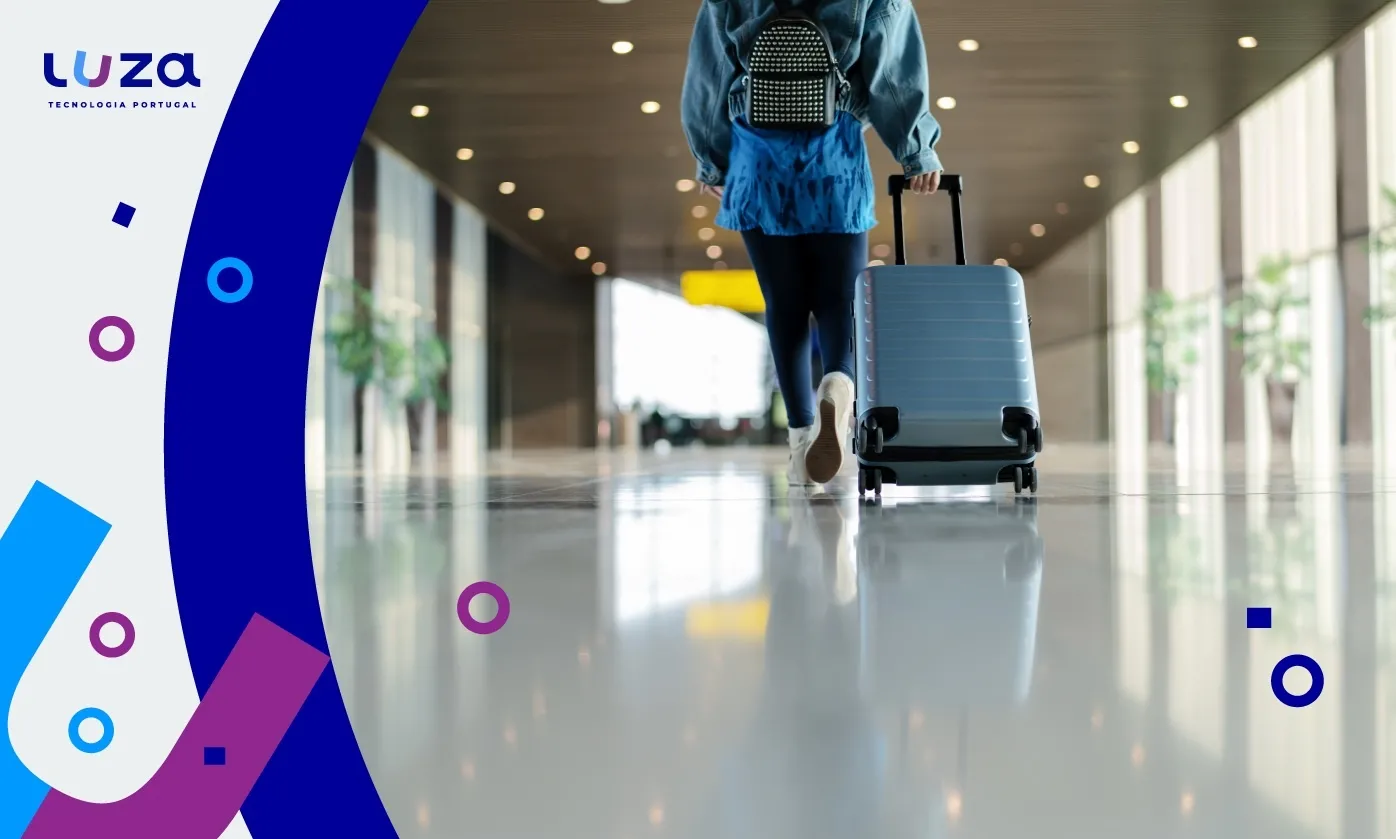Key Recommendations When Traveling Abroad for Business
Business travel can be an exciting opportunity to connect with clients, explore new markets, and represent your company across borders. However, it also comes with responsibilities – especially when it comes to security, professionalism, and compliance. Whether you're a seasoned traveler or preparing for your first international trip, here are nine essential recommendations to ensure a smooth and successful journey.
1. Use Company IT Systems Responsibly
Your company’s IT systems are valuable assets. Use them primarily for business purposes and avoid personal use that could compromise security or productivity. The responsible use of the company’s systems helps maintain data integrity and aligns with corporate policies.
2. Secure Your Devices
Protecting company data is critical, especially when traveling. Always:
- Set a strong passcode on your company laptop.
- Safeguard confidential information using encryption or secure storage.
- Activate “Find My Device” on your Microsoft Account to locate or lock your device if it’s lost or stolen.
3. Keep Your Laptop Within Reach
Never leave your work laptop unattended. When flying or taking a train, store it in the overhead bin or under the seat in front of you—never in checked luggage. Keeping your device close reduces the risk of theft or damage.
4. Comply with Local Laws and Standards
Abide by all applicable laws, regulations, and industry standards in the country you're visiting. This includes health, safety, environmental, and labor laws. Staying informed and compliant protects both you and your organization.
5. Maintain Professionalism and Cultural Awareness
When meeting clients abroad, dress smart-casual and respect local customs and etiquette. A professional appearance and culturally sensitive behavior go a long way in building trust and rapport.
6. Balance Work and Personal Time
If your company allows you to take friends or family on a business trip, keep your professional responsibilities separate from leisure time. Never bring guests to client meetings unless explicitly approved by the client. Your focus during business hours should remain on work.
7. Track and Report Business Expenses
Usually, only reasonable business expenses are reimbursable, but you should check this with your company before leaving for another country. Keep all receipts and submit them according to your company’s expense policy. This includes transportation, meals, and accommodation directly related to your work.
8. Understand What’s Not Reimbursable
It is customary for personal expenses – including leisure activities, alcohol (unless pre-approved), luxury upgrades, and costs related to accompanying friends or family – not being reimbursable. Be mindful of what you charge to your company account and ask for pre-approval (if necessary).
9. Follow Local Safety Guidelines
Familiarize yourself with local safety protocols and emergency procedures. Know where to go and who to contact in case of an emergency. Your safety is a top priority.
With this, we can conclude that traveling abroad for business is a privilege that comes with important responsibilities. By following these key recommendations, you will not only protect company assets and maintain compliance but also represent your organization with professionalism and integrity.
by Rute Gomes, People & Culture Management at Luza








